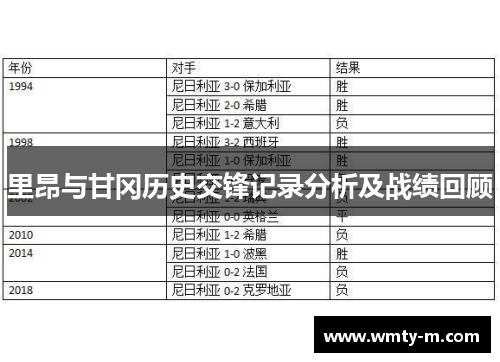在电视观看足球比赛时提高英语水平
Watching football matches on television can significantly enhance English proficiency. This article explores how this can be achieved, focusing on four key aspects. Firstly, it discusses how commentary and analysis contribute to language learning. Secondly, it examines the role of interviews and press conferences. Thirdly, it delves into the vocabulary related to football and sports. Lastly, it considers the cultural context embedded in broadcasts. Through these lenses, the article illustrates how watching football can be a dynamic tool for improving English skills.
1、Commentary and Analysis
Commentary during football matches provides continuous exposure to English spoken at a natural pace. Listening to commentators describing plays, tactics, and player performances helps learners familiarize themselves with sports-related vocabulary and idiomatic expressions.
完美体育官网Additionally, post-match analysis offers deeper insights into strategic decisions and game outcomes. Analytical discussions encourage viewers to engage with nuanced language used in critical assessments of players, teams, and match dynamics.
Moreover, comparing different commentators' styles and interpretations enhances comprehension skills and exposes learners to varied accents and speech patterns.
2、Interviews and Press Conferences
Interviews with players, coaches, and analysts provide authentic examples of conversational English. These interactions cover a range of topics from personal experiences to team strategies, offering learners exposure to colloquial language and specialized jargon.
Press conferences further enrich language learning by presenting formal speech settings. They demonstrate how individuals articulate their thoughts under pressure, use diplomatic language, and respond to challenging questions from journalists.
Studying these interactions helps learners develop communication skills applicable beyond sports contexts, fostering proficiency in comprehension and expression.
3、Vocabulary and Sports Terminology
Football broadcasts introduce learners to a diverse vocabulary specific to the sport. From terms describing different playing positions to verbs denoting actions on the field, viewers absorb technical language through contextual usage.
Understanding sports terminology enhances language acquisition by reinforcing vocabulary retention and contextual application. Learners not only learn the names of skills and strategies but also understand their practical implications in gameplay.
Moreover, exposure to sports-related idioms and metaphors enriches learners' linguistic repertoire, offering colorful expressions that resonate across various conversational contexts.
4、Cultural Context in Broadcasts
Football broadcasts reflect cultural dimensions that shape the sport's global appeal. They showcase diverse audiences, traditions, and rituals associated with matches, providing learners with insights into cultural practices and societal values.
Exploring these cultural nuances fosters cross-cultural understanding and empathy, enriching learners' language skills with contextual knowledge. It enables them to engage meaningfully in discussions about sports as a cultural phenomenon.
Furthermore, exposure to commentary from international leagues exposes learners to different English-speaking cultures, broadening their linguistic and cultural horizons.
总结:

Watching football matches on television offers a dynamic platform for enhancing English language skills. It provides exposure to authentic language through commentary, interviews, and sports-specific vocabulary. Moreover, it fosters cross-cultural understanding by exploring the cultural context embedded in broadcasts. By engaging with these aspects, viewers can effectively improve their English proficiency while enjoying the excitement of football.
Through immersion in sports discourse and cultural exchange, learners develop linguistic fluency and cultural literacy, making television football an invaluable resource for language learning.
 星期日-星期五||8:00-7:00
星期日-星期五||8:00-7:00
 13594780217
13594780217 




